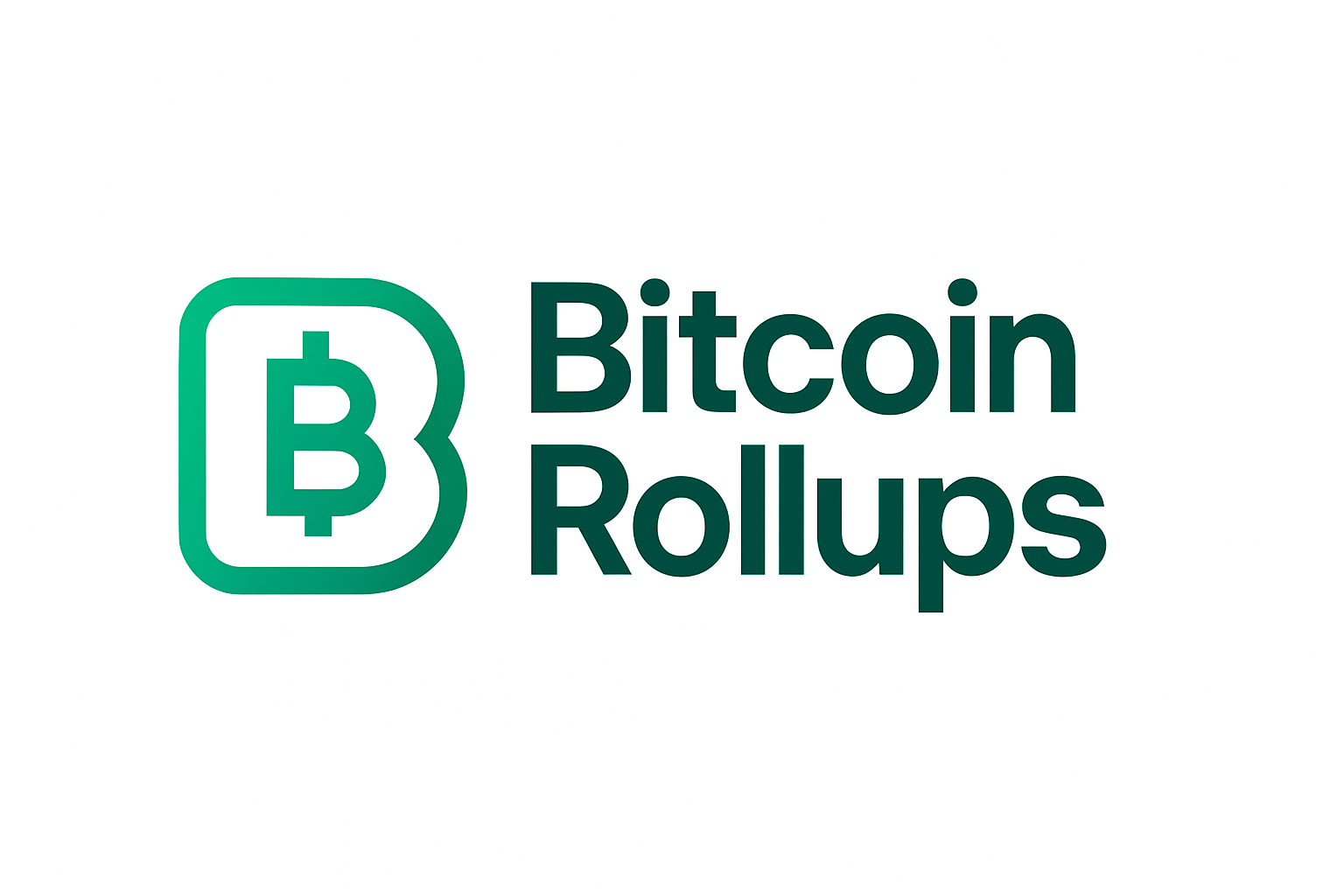
Bitcoin’s surge to $103,625.00 in 2024 has reignited debates about its transaction capacity and long-term scalability. While Bitcoin remains the gold standard for decentralized value transfer, its base layer is limited to roughly 7 transactions per second (TPS). As adoption accelerates and use cases diversify, the need for meaningful scaling solutions has never been more urgent. Enter zkBTC rollups: a breakthrough that is redefining what’s possible for Bitcoin transaction scalability in 2024.
What Are zkBTC Rollups? The Zero-Knowledge Leap for Bitcoin
zkBTC rollups are a type of layer-2 scaling solution that leverages zero-knowledge proofs to batch thousands of off-chain transactions and submit a single succinct proof to Bitcoin’s main chain. This approach dramatically increases throughput while preserving the network’s core principles of security and decentralization. Unlike other scaling strategies, such as sidechains or federated models, zkBTC rollups inherit Bitcoin’s full security model, invalid transactions simply cannot be included thanks to cryptographic enforcement.
The technical magic lies in zero-knowledge proofs. These allow a rollup operator to prove that all batched transactions are valid without revealing their contents or requiring every node to verify each one individually. As highlighted by recent academic research (Cryptology ePrint Archive; dagstuhl. de), this method enables prompt on-chain verification and paves the way for both privacy enhancements and massive scalability gains.
Market Impact: From Bottlenecks to Visa-Level Throughput
The real-world impact of zkBTC rollups is already evident in key performance metrics observed throughout 2024:
- Throughput: In production environments, zkBTC rollups are processing between 100 and 2,000 TPS. Theoretical designs point toward scaling limits above 100,000 TPS, rivaling global payment networks like Visa.
- Fees: By batching transactions off-chain, fees can drop as low as $0.01–$0.10 per transaction. This makes microtransactions viable, something previously unthinkable on Bitcoin L1 during periods of congestion.
- User Experience: Near-instant finality allows users to withdraw funds back to Layer 1 within minutes rather than hours or days, dramatically improving capital efficiency across DeFi and payments.
This seismic shift is not just theoretical, it is being implemented by projects now recognized among the top blockchain rollup solutions of 2024 (Token Metrics Moon Awards; Antier Solutions; DappRadar). For readers seeking a deeper dive into how these protocols work under the hood, see our technical breakdown at How Zero-Knowledge Rollups Enhance Bitcoin Scalability: Technical Deep Dive.
The Cost Challenge: Data Availability Meets Economic Reality
No discussion about zkBTC rollups would be complete without addressing their unique cost structure. Posting data back to Bitcoin’s Layer 1 comes with significant expense, especially at current fee rates. For example, at a fee rate of 10 sat/vByte, posting just one block (400KB every six blocks) costs approximately $2,640 per block, or nearly $1.9 million per month. At higher rates like 50 sat/vByte, this could skyrocket close to $9.6 million monthly.
This economic reality means that for zkBTC rollups to remain sustainable, they must generate sufficient revenue from Layer-2 transaction fees. If processing 20 million transactions monthly, break-even fees would range from $0.096 at low fee rates up to $0.482 if network congestion pushes fees higher, a delicate balance between user affordability and operational viability.
Bitcoin (BTC) Price Prediction Table (2026-2031) – Impact of zkBTC Rollups
Forecasts based on increased zkBTC Rollup adoption, market cycles, and scaling trends. Prices reflect both bullish and bearish scenarios with the 2025 baseline at $103,625.
| Year | Minimum Price | Average Price | Maximum Price | Y/Y % Change (Avg) | Scenario Insights |
|---|---|---|---|---|---|
| 2026 | $85,000 | $110,000 | $145,000 | +6.2% | Early zkBTC adoption drives moderate growth, but volatility persists amid fee structure challenges. |
| 2027 | $95,000 | $128,000 | $175,000 | +16.4% | Wider rollup usage boosts throughput; macro uncertainty and regulatory debates cap upside. |
| 2028 | $105,000 | $146,000 | $210,000 | +14.1% | Rollups achieve mainstream adoption, reducing fees and enabling new payment use cases; tech risks remain. |
| 2029 | $120,000 | $168,000 | $250,000 | +15.1% | Institutional entry accelerates as zkBTC matures; competition from other L2s and global regulations impact sentiment. |
| 2030 | $135,000 | $185,000 | $295,000 | +10.1% | Bitcoin seen as scalable settlement layer; fee markets stabilize, and BTC’s role in DeFi expands. |
| 2031 | $150,000 | $205,000 | $340,000 | +10.8% | zkBTC Rollups reach full potential, supporting high TPS and low fees; network effects cement BTC’s digital gold & payment status. |
Price Prediction Summary
Bitcoin’s price trajectory from 2026–2031 is strongly influenced by zkBTC Rollup adoption. While volatility and cost challenges linger, increased scalability and new use cases fuel steady growth. Average price predictions show a logical, progressive rise, with bullish scenarios tied to widespread adoption and bearish scenarios reflecting regulatory or technical setbacks.
Key Factors Affecting Bitcoin Price
- Adoption rate and performance of zkBTC Rollups on Bitcoin mainnet
- Regulatory clarity on Bitcoin and Layer-2 scaling solutions
- Competition from other layer-2 and alternative blockchain scaling projects
- Fee market dynamics and transaction cost sustainability
- Global macroeconomic environment and institutional investment flows
- Security and successful implementation of zero-knowledge proofs on Bitcoin
Disclaimer: Cryptocurrency price predictions are speculative and based on current market analysis.
Actual prices may vary significantly due to market volatility, regulatory changes, and other factors.
Always do your own research before making investment decisions.
The ability of zkBTC rollups to scale securely while maintaining reasonable costs will be pivotal as more users flock to Bitcoin-based DeFi platforms and Web3 applications in the coming years. For those interested in practical applications and future outlooks for these protocols, our ongoing analysis at How zkBTC Rollups Are Transforming Bitcoin Transaction Scalability in 2024 offers further context.
As the Bitcoin ecosystem evolves, developers and users are beginning to recognize the broader implications of zkBTC rollups. Beyond pure throughput and fee reduction, these layer-2 protocols are unlocking a new era of composability and interoperability for Bitcoin. Projects deploying zkBTC rollups now enable seamless integration with DeFi primitives, cross-chain bridges, and even NFT marketplaces, features that were once exclusive to more flexible smart contract platforms.

Security, Privacy, and the Zero-Knowledge Advantage
One of the most compelling aspects of zkBTC rollups is their ability to combine Bitcoin’s battle-tested security with advanced cryptographic privacy. Zero-knowledge proofs ensure that transaction data can be validated without revealing sensitive details on-chain. This not only protects user privacy but also mitigates risks from potential data leaks or surveillance, an increasingly important consideration as regulatory scrutiny intensifies globally.
The cryptographic rigor behind these proofs means that any attempt to submit invalid transactions will be automatically rejected by the network. As a result, zkBTC rollups inherit the full trust model of Bitcoin itself, making them uniquely robust compared to alternative scaling solutions. For a deeper look at how these privacy features work in practice, see our related guide: How zkBTC Rollups Enhance Bitcoin Transaction Privacy and Scalability.
Developer Ecosystem and User Adoption in 2024
The rapid progress in zkBTC rollup protocols has spurred a vibrant developer ecosystem. Open-source toolkits for zero-knowledge proof generation, new SDKs for wallet integration, and standardized APIs for bridging assets between layer 1 and layer 2 are now available. This surge in infrastructure support is lowering barriers for both established projects and independent builders to launch scalable dApps on Bitcoin.
User adoption is following suit. In 2024, we’ve seen exponential growth in active addresses interacting with zkBTC-powered networks, driven by lower fees, faster settlement times, and an expanding set of use cases from remittances to decentralized exchanges. As more users experience near-instant transfers at a fraction of legacy costs, confidence in layer-2 scaling solutions continues to build.
The Road Ahead: Challenges and Opportunities
Despite their promise, several challenges remain for widespread adoption of zkBTC rollups. Data availability remains a technical hurdle; ensuring that all necessary transaction data remains accessible off-chain is critical for security guarantees. Additionally, ongoing research into optimizing proof-generation time and minimizing L1 posting costs will shape the economic sustainability of these protocols.
Yet the opportunities far outweigh the obstacles. With Bitcoin priced at $103,625.00, institutional interest is at an all-time high, and scalable settlement layers like zkBTC rollups are essential for supporting this next wave of capital inflow without clogging base-layer bandwidth or pricing out smaller participants.
The coming year will likely see further advances in zero-knowledge technology tailored specifically for Bitcoin’s architecture. As new standards emerge around data compression techniques and decentralized sequencer models, expect even greater efficiency gains, and perhaps entirely new categories of applications, to take root atop Bitcoin’s immutable foundation.
If you’re interested in staying ahead as this landscape shifts, bookmark our ongoing coverage at How zkBTC Rollups Are Unlocking Fast Low-Cost Transactions on Bitcoin. For developers eager to contribute or experiment firsthand, explore open-source repositories and community forums dedicated to advancing zero-knowledge scalability within the world’s most secure blockchain network.






